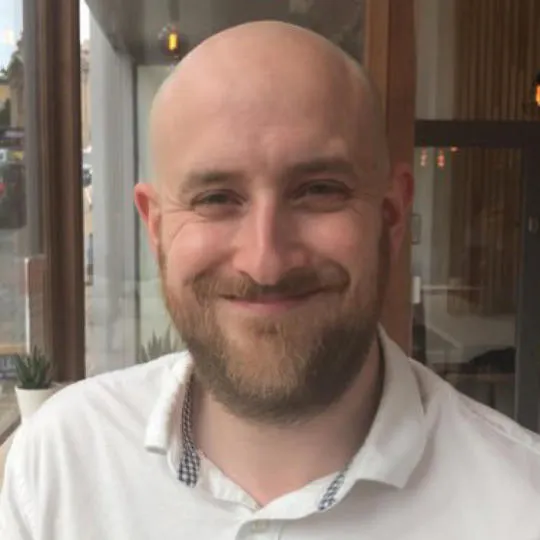19 March 2024
Wellbeing matters to everyone – and no-one
Michael Sanders
The closure of the What Works Centre for Wellbeing reflects one of the ways government tends to thinks about evidence

Recently, the What Works Centre for Wellbeing announced that they are, after nearly 10 years, closing their doors for the last time. I am not minded to view this as a portend of doom for the entire what works agenda, but it should serve as a point of reflection for everyone who cares about evidence-based policymaking, particularly this year with the inflection point of a general election and a possible new government – the first Labour government since the network was established.
Wellbeing is important to everyone – life, liberty, and the pursuit of happiness, and all that. Successive governments from the coalition onwards have seen the value of measuring wellbeing at a national level, and Britain now has a repository of such data unlike any other nation. The use of this data has been sometimes sporadic, but I am pleased to have been part of an effort over the last couple of years to make more systematic use of the wellbeing data captured on students, on civil servants, and on people living in local authorities, and to make code available to allow others to do the same.
Support for wellbeing as a measure has continued long after the coalition government and David Cameron’s premiership, with the improvement of subjective wellbeing being a part of Mission 8 in the government’s Levelling Up Agenda.
Despite this ongoing support, the centre closes its doors because, unlike most other what works centres, there is not a clear departmental funder for it in government. This reflects one of the challenges of the way government thinks about evidence (and everything else). Where one department, one secretary of state, cares about something, it is possible to find funding – but when it is everyone’s responsibility and no-one’s, it is much harder.
What else might fall between two stools/departments? The most obvious is possibly equality and social mobility. Although the Government Equalities Office exists, it lacks the spending power of a department, and is unlikely to create its own what works centre. Even if it did, funding is only half the problem. The other is focus. Almost everything that government does can have an impact on wellbeing, and might reasonably be expected to do so. Tutoring programmes that empower young people to thrive in school might improve their wellbeing, or reinforce their struggles and reduce it. Similarly, employment support programmes, cash transfers, rehousing support, family connections, and countless other interventions and outcomes could also have profound impacts on wellbeing – or, indeed, on inequality.
One centre can never realistically study all of these things, and so must essentially work with partners who are often incentivised to maintain a narrow focus on their outcomes of interest. If we want to establish an evidence base that cuts across multiple departments, multiple centres, the roadmap is still far from clear.
On a more personal level, we should be concerned about the knowledge and the experience that is being lost. Nancy Hey, WWCW’s Executive Director since its inception, is the longest-serving leader of a what works centre, tied with Professor Henry Overman at the What Works Centre for Local Economic Growth. When the great Sir Kevan Collins retired as Chief Executive of the Education Endowment Foundation, I described him as the What Works Movement’s answer to Iron Man. Continuing this metaphor, Nancy’s most appropriate comparator would be Hawkeye. Despite not having the quasi-regulatory magic power of NICE (Thor), or the financial resources of EEF (Stark Industries), she has for years been a valued member of the What Works Council, and a reliable source of friendship and advice to those of us less advanced in the craft.
If, as Nancy once argued to me, what works centres are to work as the external hard drive of government departments, for whom rapid turnover and short-termism is an endemic problem, then Nancy has acted like an external hard drive for the what works network, having worked in close proximity to it for many years, and knowing what has and hasn’t worked in terms of influencing people to take our evidence seriously.
The day the centre closes will be a sad day, but we must work to make good out of bad. I hope that there is a route to saving the corpus of work produced by WWCW over the years, but more importantly that we recognise that, like so many things we take for granted, progress is not monotonic, and we must fight every day to ensure that evidence continues to play a greater and greater role in government decision-making.
Michael Sanders is Professor of Public Policy and Director of the Experimental Government Team at the Policy Institute, King’s College London.

